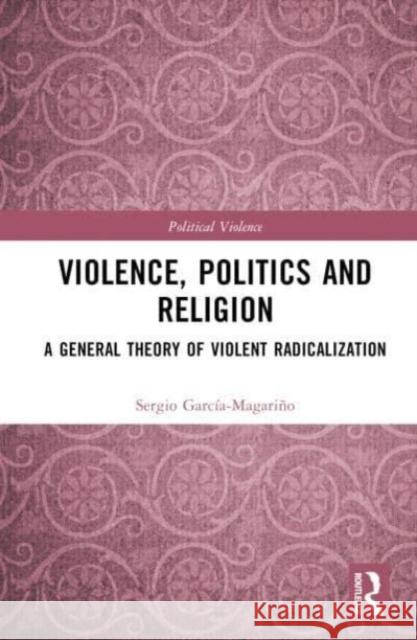Violence, Politics and Religion » książka
topmenu
Violence, Politics and Religion
ISBN-13: 9781032557939 / Twarda / 2024 / 216 str.
Violence, Politics and Religion
ISBN-13: 9781032557939 / Twarda / 2024 / 216 str.
cena 752,97
(netto: 717,11 VAT: 5%)
Najniższa cena z 30 dni: 654,86
(netto: 717,11 VAT: 5%)
Najniższa cena z 30 dni: 654,86
Termin realizacji zamówienia:
ok. 16-18 dni roboczych.
ok. 16-18 dni roboczych.
Darmowa dostawa!
This book offers a general theory of violent radicalization and uses case studies from a variety of different countries and groups to illustrate this.











